What it’s like to report on the Syrian war when no one is interested in it
Like other reporters, Richard Hall finds it difficult to write about the atrocities of the Syrian war. Why? Because readers are bored by it and the international community is unwilling or unable to stop it
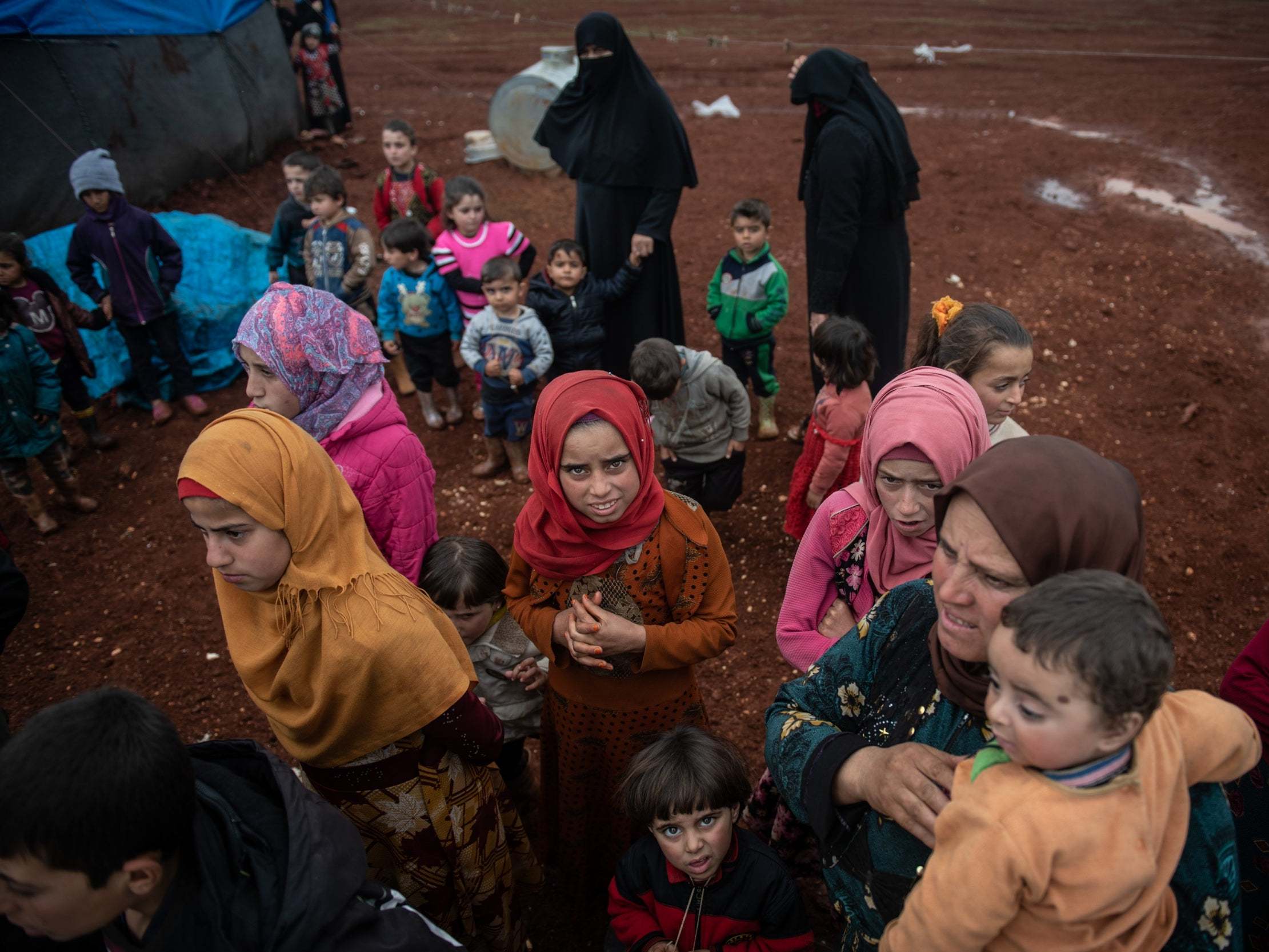
Reporting on conflict often requires spending time with people at the lowest point in their lives. In the past few years I have interviewed survivors of genocide, victims of sexual slavery, children who have known nothing but war, a mother who survived an airstrike that killed her son, countless refugees in squalid camps who have no hope of going home and families stranded in the path of bombs with nowhere left to run.
As heartbreaking and difficult as these stories were, I felt there was a value to many of them. If their words and their pain were shared with the world, something might be done. Reporting on the Syrian war has been very different. Much of the time, my colleagues and I were writing about atrocities that the international community was unable or unwilling to stop, for an audience that had lost interest. And I can understand why.
As the war dragged on, massacres and war crimes became so commonplace that each was almost indistinguishable from the last. The capture of a city by the Syrian government followed a pattern of mass aerial bombardment, the bombing of hospitals, civilian death and exodus. It was the same story in Homs, Daraya, Aleppo and now Idlib.
Accounting for all the dead has become an almost impossible task, but most estimates put the number above half a million – the actual figure is almost certainly higher. More than six million Syrians are internally displaced and more than five million are refugees.
Reporting on Isis was different. The group’s brutality, and the truly international threat it posed, forced people to take notice. It was also a more accessible story. We were able to report on the caliphate’s fall and the aftermath from the ground during several trips to eastern Syria. For the rest of it, though, we were constantly searching for new ways to tell the same terrible story to break through the general fatigue that had set in among readers.
Perhaps there was value in documenting these atrocities so that the true horror of the war would be known, and the culprits may one day face justice. But even that simple act lost its power in the face of a concerted disinformation campaign by Russia and a vocal crowd of useful idiots. Conspiracy theories are a part of war, that is nothing new. But over the past nine years I have been amazed at how many level-headed people were fooled by them when it came to Syria. Legitimate scepticism and inquiry so often drifted into lunacy.
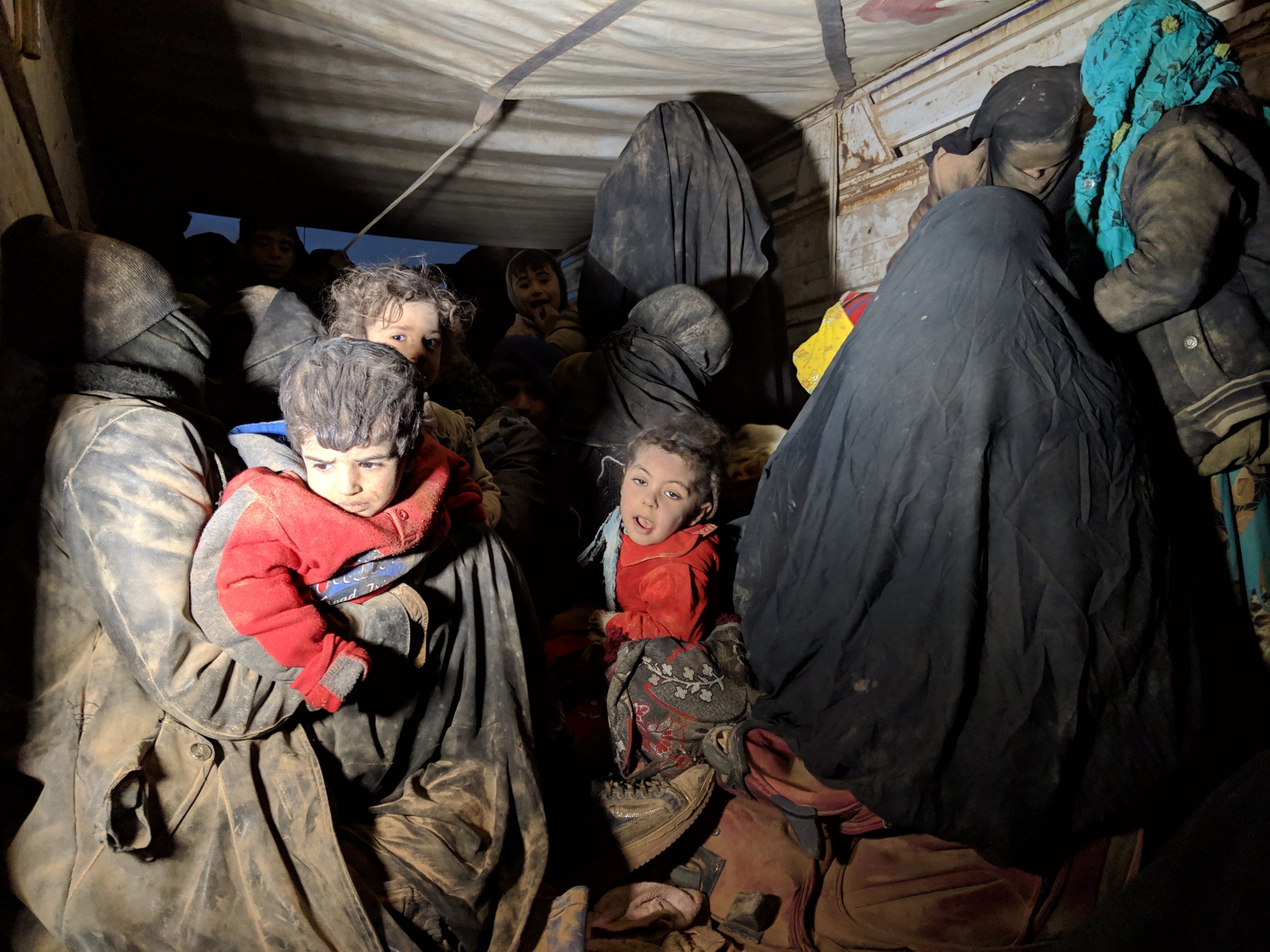
And it wasn’t just the conspiracy theories. Bogus narratives about how the war came to be – and how it developed – found a receptive audience in a generation of western activists and self-proclaimed anti-imperialists moulded by the Iraq war and the deception of their own governments who launched it. Syria was their chance to rewrite history. This time it would be different, they thought. As far as they were concerned, every story about the crimes of the Syrian government, even those written simply to shine a light on the suffering of civilians, was an attempt by the nefarious mainstream media to provoke regime-change in Syria.
The rampant use of chemical weapons by the Syrian government, comprehensively documented by international rights groups and UN agencies, became a lightning rod for these people, a vehicle for them to pursue their own US-focused activism. Any journalist who wrote factual accounts about these attacks became a “tool of western imperialism”.
Conspiracy theories are a part of war, that is nothing new. But over the past nine years I have been amazed at how many level-headed people were fooled by them when it came to Syria
The millions of civilians who lived in areas that happened to be controlled by extremist rebel groups were treated as one and the same. An uncompromising war-on-terror narrative espoused first by the Syrian government was adopted by “anti-war” movements in the west. Even volunteer rescue workers, who pulled bodies from the rubble of airstrikes, were branded as al-Qaeda terrorists or stooges of the west – often simultaneously, and without irony.
It continues to this day. A CNN report just days ago about the mass exodus of hundreds of thousands of people as they fled from Russian and Syrian government bombing, to a place where conditions are so dire that children are freezing to death, was deemed “naked interventionist propaganda”.
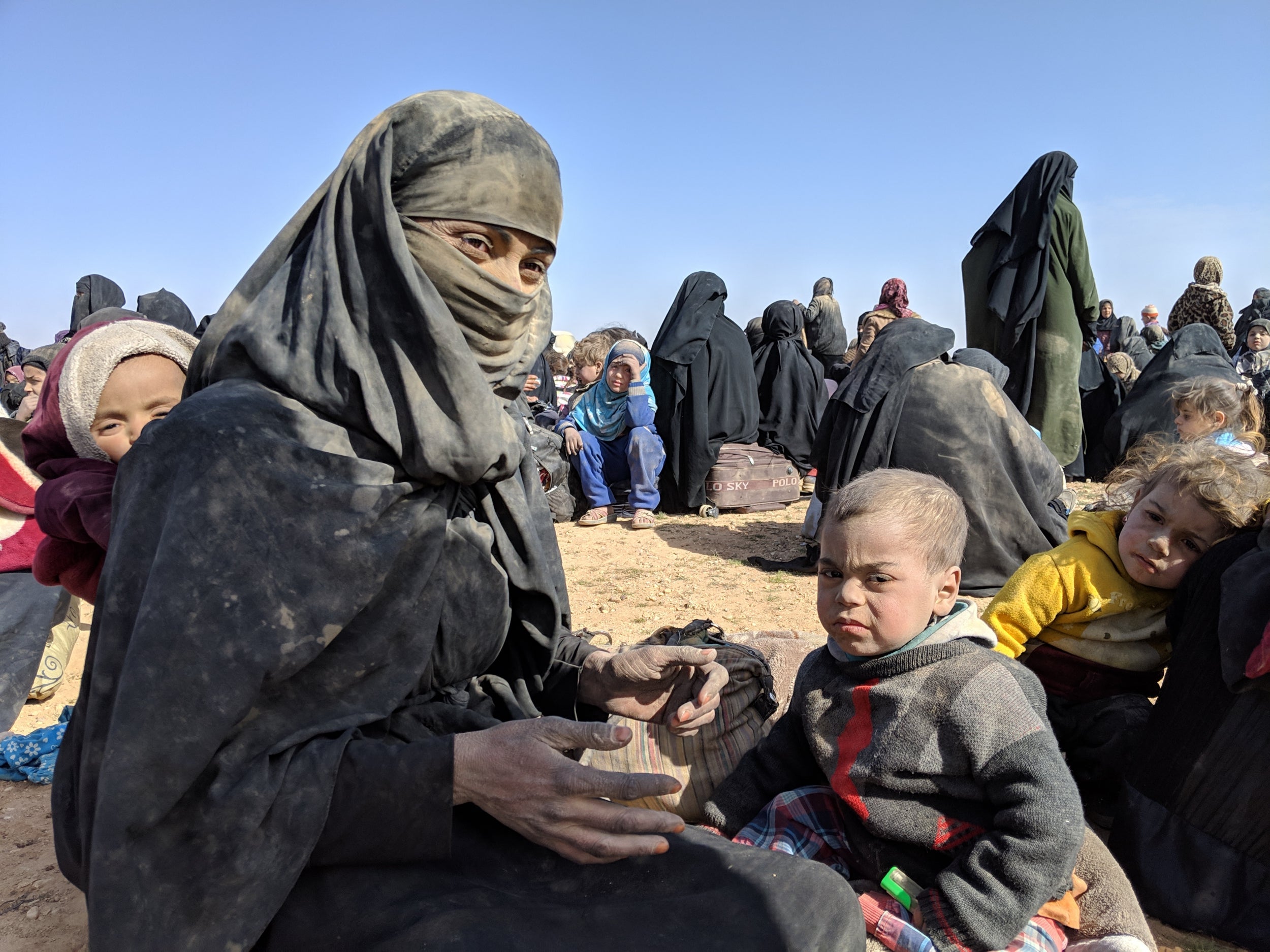
The disorganised array of rebel groups lined up to overthrow Bashar al-Assad committed war crimes against civilians too, undoubtedly. The more moderate groups among them were eventually outgunned and overpowered by extremists and by the Syrian government. But the decision by the Assad regime to hold on to power at all costs was the source of most of the suffering in this war. This was the crucial point that got lost in the fog of conspiracy.
It is often said that generals always fight the last war; when it came to Syria, the same was true for a large section of the anti-war left. The truth is that Syria did not fit the old narratives. The US made efforts early on to support the rebels in their effort to topple Assad, but as the war dragged on and extremist groups began to gain the upper hand, it largely backed down. This development, coupled with the rise of Isis, convinced many western policymakers that Assad’s fall would precipitate a radical Islamist takeover of Syria.
Russia’s entry into the war in 2015 all but killed off the possibility of a significant US intervention to remove Assad from power. The Syrian government, backed by its superpower ally, was free to crush the armed rebellion and murder civilians en masse to achieve that goal.
The decision by the Assad regime to hold on to power at all costs was the source of most of the suffering in this war. This was the crucial point that got lost in the fog of conspiracy
The anti-imperialists didn’t notice. They saw it as their duty to stop the US from carrying out another disastrous regime-change campaign in the Middle East, despite it being a campaign that Washington had little interest in pursuing after 2015. In their Don Quixote-like quest to stop a war that wasn’t going to happen, they minimised and whitewashed the almost daily war crimes carried out by the Assad regime and its Russian backer.
They thought they were doing battle with the American empire; in reality, they were doing the handiwork of dictators, at the expense of millions of Syrian civilians.
There were legitimate criticisms of “mainstream” coverage of Syria to be made, including mine. I reported from rebel-held Aleppo province in 2012, when it was still possible to do so. Later, extremist groups began taking hostages and it became impossible. But I and many other journalists were able to build contacts in rebel-held territory in the early days of the war, and maintain them later on.
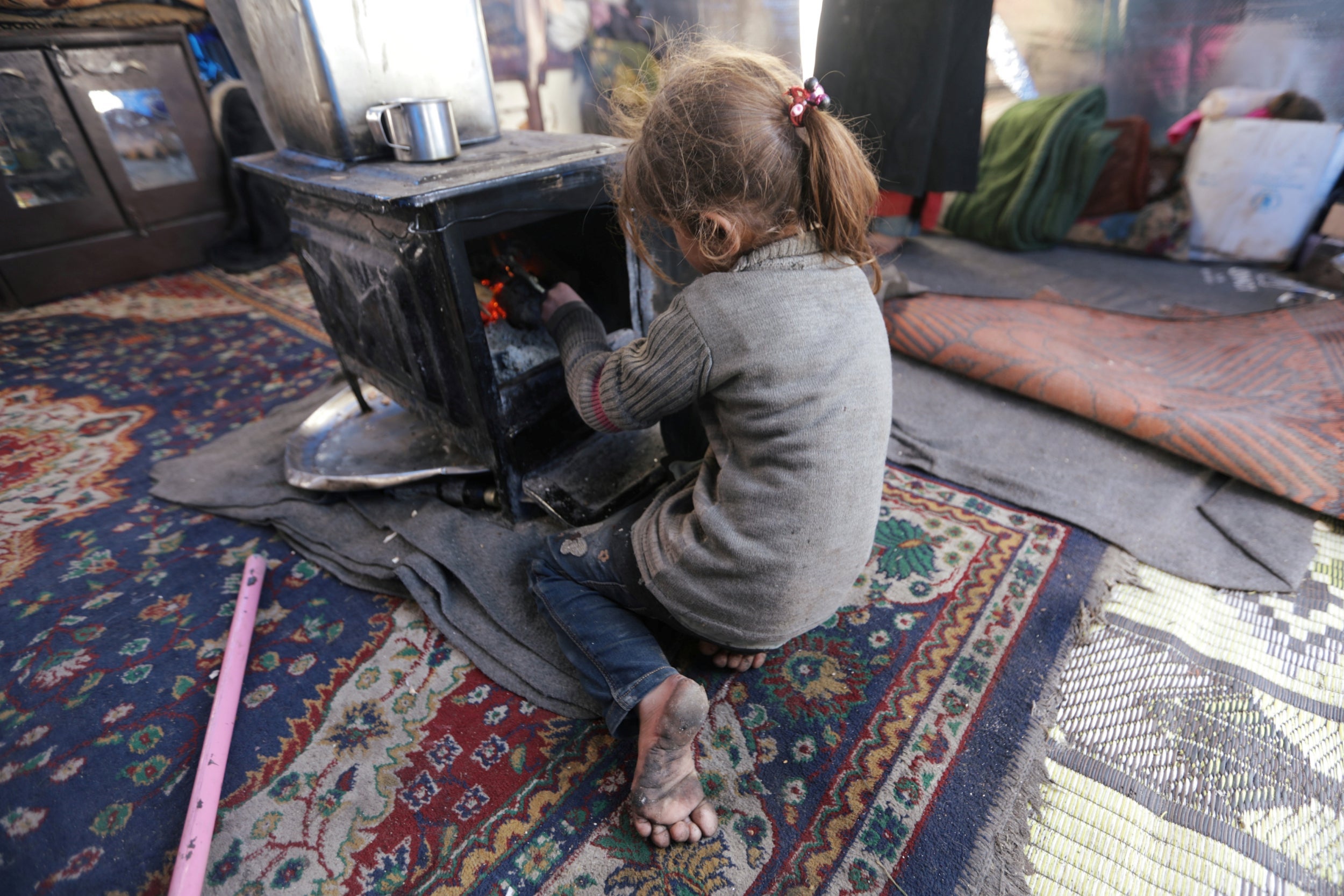
Doing the same in government territory was more difficult. The Syrian government tightly restricted access to the country for most western journalists, fearful of what they might report, and instead carefully hand-picked who to allow in. As a result, the suffering of civilians who lived in government territory often did not receive the same coverage.
This imbalance in reporting came under criticism during the battle for Aleppo, and others like it. Journalists who could no longer access these places had to report remotely, communicating via WhatsApp with activists and civilians on the ground. There was a distinct divide between journalists who were willing to make use of new tools available to them to report an otherwise inaccessible story, and those who either didn’t know how to or failed to see its value. There were limitations to this kind of reporting, certainly, but at the very least we were able to hear from people caught in the line of fire who would not have been heard otherwise.
What good did it do? At this very moment, nearly a million people are on the run from a Syrian and Russian government offensive in Idlib. UN officials have warned that we are about to witness the “biggest humanitarian horror story of the 21st century”, and yet most people in Britain have no idea.
I have sources inside Syria, civilians and activists, who have fled their homes four or five times throughout the duration of the war. With every new offensive I would message them to ask the same questions: “Where are you now? Are you and your family safe? Can you describe the scene to me?” After all these years of inaction, of them pouring out their hearts only for it to make no difference, I’m amazed they still talk to me.
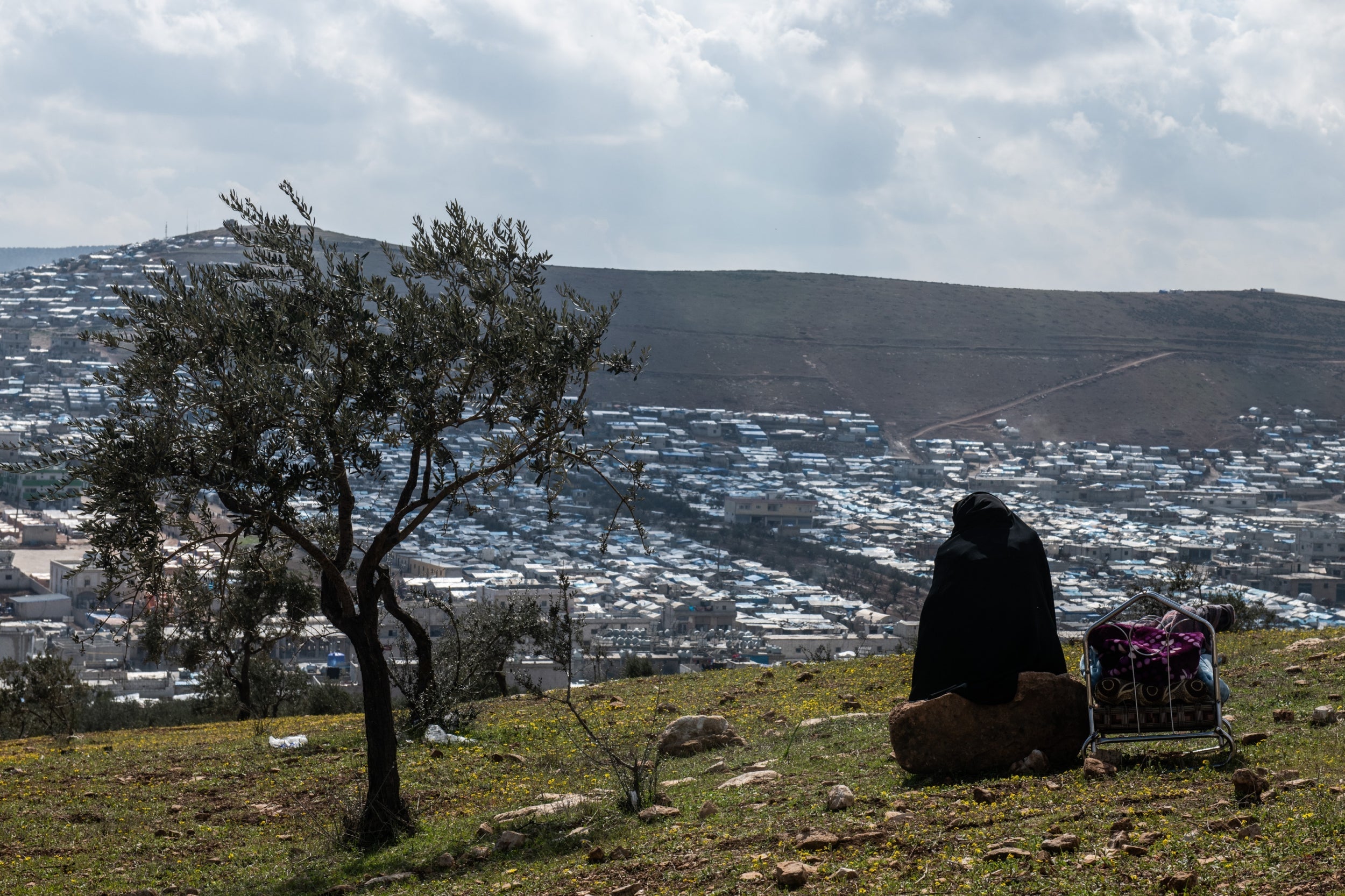
I’m not sure there was ever an easy answer for how to stop the suffering in Syria. There are some who think that the US could have limited the bloodshed by imposing a no-fly zone, or by punishing Assad for attacking civilians. They might be right, but the last two presidents had no appetite for the kind of military action that would have been required.
What is without doubt is that the international community did not do enough. Fears of terrorist groups spilling out beyond Syria’s borders, of regional chaos, of refugees fleeing to Europe, combined with the strong support by Russia of the Assad government, led to paralysis and negligence.
As Fayad Akoush, a Syrian activist, told me just days ago, after he fled Russian and Syrian government bombing with his wife and two young children: “No one is helping us. The whole world watches us while we die.”
Join our commenting forum
Join thought-provoking conversations, follow other Independent readers and see their replies
Comments